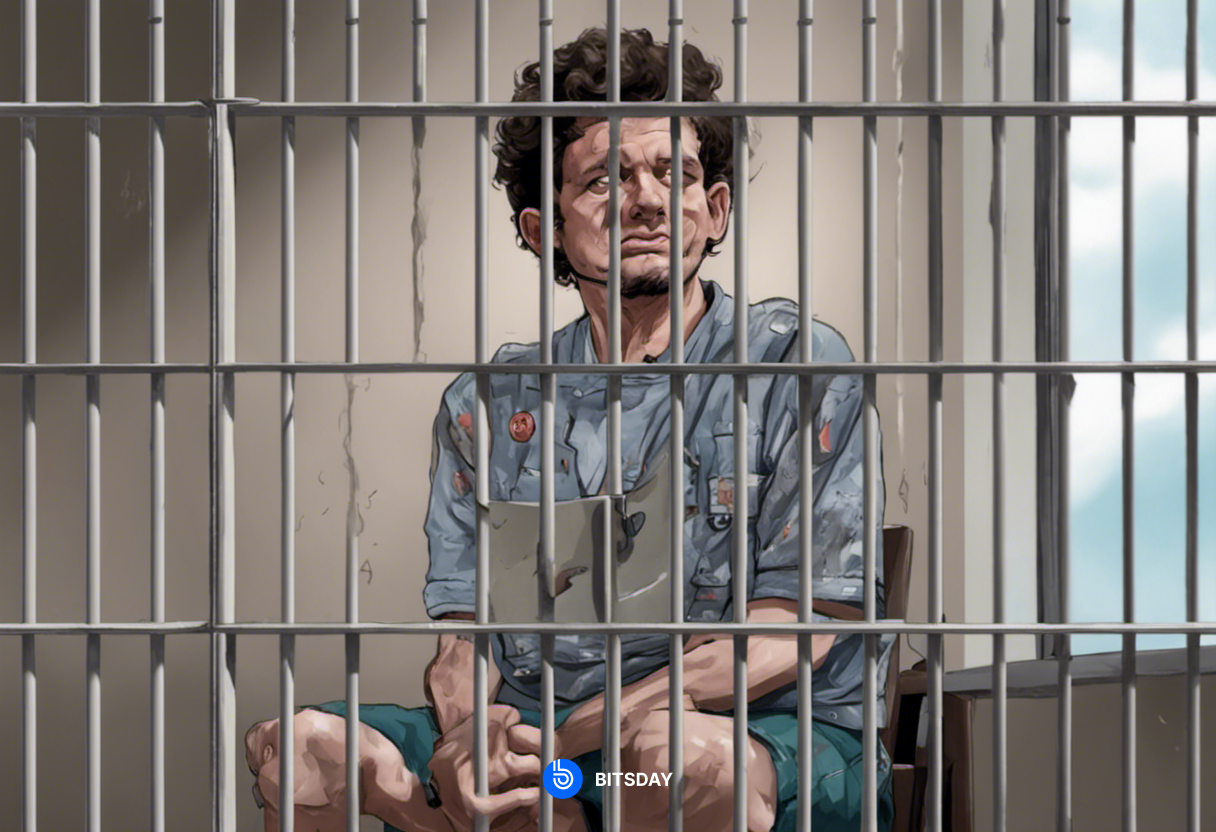- Home
- Police & Regulations
- Legal Counsel Urges Release of Sam Bankman-Fried Prior to Trial, Citing Necessity
Legal Counsel Urges Release of Sam Bankman-Fried Prior to Trial, Citing Necessity

Amid the ongoing legal proceedings involving Sam Bankman-Fried, the former CEO of FTX who now faces criminal charges, his legal team has voiced their skepticism about the prosecutors' purported efforts to alleviate the difficulties he's encountering while being held in custody.
In a recent court hearing that primarily centered on Bankman-Fried's challenges in preparing for his upcoming trial, his defense team encountered limited success. The constraints of his current situation within a Brooklyn detention facility, including restricted internet access and an inadequate laptop setup, have hindered his ability to thoroughly review the extensive evidence that holds crucial importance for his defense.
Advocating for Bankman-Fried's release from custody to facilitate effective case preparation, his legal representatives highlighted the practical necessity of having him out of confinement. Christian Everdell, one of Bankman-Fried's attorneys, emphasized the pressing reality: "It's a matter of reality that we haven't been able to use our client's time effectively. We're at a point where we need him to be released."
However, despite their arguments, the presiding federal judge, Judge Lewis Kaplan of the Southern District of New York, remained unconvinced during the Wednesday hearing. He chose not to make a substantial decision at that time and instead extended the timeline for both sides to provide additional information regarding the conditions at the Metropolitan Detention Center in Brooklyn. This additional information would play a role in Judge Kaplan's forthcoming determination regarding whether Bankman-Fried should be granted temporary release.
Conducted via a teleconference, the relatively swift hearing also witnessed Judge Kaplan rejecting other notable requests presented by the defense. Among these was the defense's concern about the government delivering an overwhelming volume of discovery documents weeks ahead of the trial, a period when Bankman-Fried's ability to review materials was compromised due to his incarceration. The defense's plea to exclude all documents produced after July 1 was denied by the judge.
Judge Kaplan proposed an alternative solution, suggesting that if the defense required more time to review documents, they could request a trial postponement. However, he cautioned that granting such a request was not guaranteed. If the defense intended to pursue a delay, they needed to make the request prior to September 7, the date when jury selection was scheduled to commence. Judge Kaplan remarked, "I'm presenting all options on the table," despite the defense's earlier statement indicating a lack of interest in delaying the proceedings.
Jailhouse blues
During the conversation, a dialogue unfolded involving the defense team, Judge Kaplan, and the prosecution. The central focus was on the prevailing conditions at the Metropolitan Detention Center (MDC), and within this discourse, the particular emphasis was placed on the challenges associated with Sam Bankman-Fried's laptop battery life and internet connectivity while being held in confinement. The representatives of the government expressed their commitment to resolving the technological obstacles Bankman-Fried faced during his time in incarceration. However, the defense offered a counterpoint, asserting that the proposed solutions were hindered by practical difficulties.
At a specific juncture during the discussion, Judge Kaplan put forth a seemingly straightforward solution to Bankman-Fried's laptop battery issue – suggesting the use of an extension cord to counteract its inability to retain a charge. In an unexpected twist, federal prosecutors disclosed that the use of an extension cord was prohibited within the detention facility due to considerations of security and safety.
Bankman-Fried was taken into custody in early August on charges related to attempted witness tampering. During this period, Judge Kaplan made a relatively uncommon decision by revoking the bail of the 31-year-old defendant, citing concerns about his apparent willingness to cross ethical boundaries. Consequently, Bankman-Fried has since been confined at the Metropolitan Detention Center in Brooklyn.
On the preceding Friday, Bankman-Fried's legal representative submitted a motion seeking either temporary release before the trial or permission for Bankman-Fried to engage with his defense team for five days each week. The argument presented in this motion was grounded in Bankman-Fried's constitutional right to a fair trial.
Bankman-Fried's defense team argued that his imprisonment hindered his capacity to actively participate in building his own defense strategy. Additionally, they requested access to a laptop and internet to facilitate the review of documents relevant to the trial. In the documents submitted prior to the hearing, defense attorney Christian Everdell highlighted the insufficiency of the current laptop's battery life for a comprehensive review session and emphasized that the weak internet connection significantly impeded its functionality.
Prosecutors disclosed that they had shared information regarding the laptop battery with the defense counsel, potentially enabling the acquisition of a replacement. However, they noted the prolonged process of government procurement as a potential hurdle. Addressing the internet connectivity issues presented a more intricate challenge, as the infrastructure of the detention facility was not equipped to support 5G internet access. Assistant U.S. attorney Danielle Kudla provided this explanation during the hearing.

Trending



Press Releases

Deep Dives







